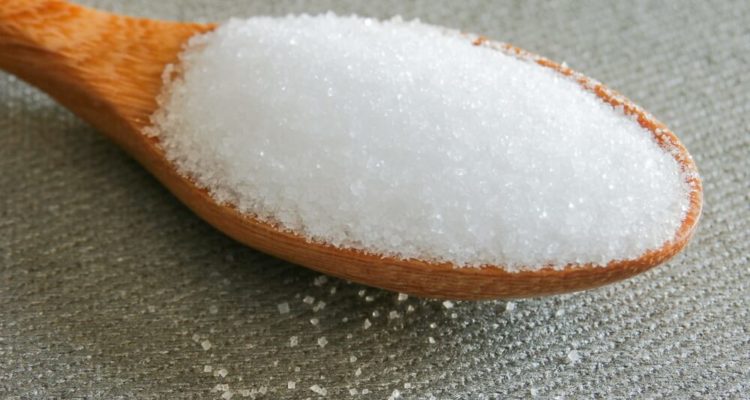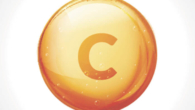
4 serious diseases, the development of which is affected by simple salt
0
In order not to harm health, doctors recommend consuming no more than 5 grams of salt per day. Most adults consistently exceed this limit, often without even knowing it: many foods contain hidden salt, and ready-made meals (especially fast food) are literally overloaded with sodium. Meanwhile, regularly exceeding the permissible limits of salt consumption is very dangerous for our health and can lead to the development of serious diseases. We have compiled a list of some ailments, the risk of which can be significantly reduced if you simply eat less salt – every day.
Age-related dementia
The higher the level of sodium in the blood, the higher the risk of cognitive disorders: researchers from the University of Colorado came to this conclusion after observing five thousand volunteers. As the results of the experiment showed, people over the age of 65 had a 30% increased risk of developing age-related dementia if they regularly abused salt.
Kidney stones
If we eat too much salt, the amount of protein in our urine increases – and this is one of the main risk factors that can lead to kidney diseases and the formation of stones in them. Even if your kidneys are fine now and doing their job well, it's important to control your salt intake to stay healthy for as long as possible.
Gastric ulcer
By itself, an excess of salt cannot provoke a stomach ulcer, but if the mucosa is already damaged by Helicobacter pylori bacteria, sodium abuse can increase the risk several times.
Hypertension
Salt keeps fluid in our body, which makes it difficult for the heart to work – and ultimately leads to an increase in blood pressure. If your blood pressure is regularly elevated (130/90 and above), you may need to eat less salt.









Leave a Reply